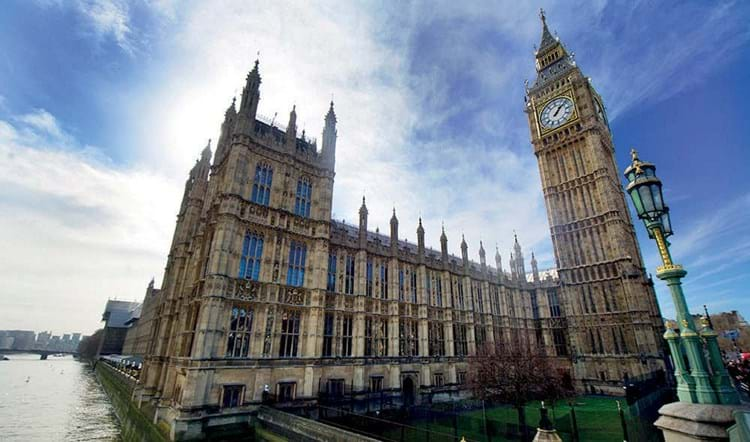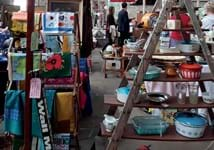1. The decision to enforce a ban has been decided on 80,000 responses from the public. This represents less than 0.1% of the population.
2. There is no mention of compensation for those who have legally collected antique works of art made from or containing ivory such as Japanese netsuke and medieval ivories.
3. The government has essentially criminalised collectors, legitimate art dealers and any member of the public who dares to sell their property despite legally owning those items for years or generations.
4. The policy states that portrait miniatures will be exempted “for commercial activities” because “some conservation NGOs indicated that they believe this exemption would be proportional and justified. We agree with this assessment as we do not believe the sales of portrait miniatures fuel, directly or indirectly, the continued poaching of elephants”.
It is a mystery why the same thinking does not apply to any other antique works of art.
5. “Ivory items currently require a CITES certificate in order to be sold”, the policy goes on to say. This is not the case for antique ivory. CITES permits are only required for the legal importation and exportation of endangered species.
6. The government “will empower institutions such as museums, to provide advice on whether an item under the ‘de minimis’ or ‘rarest and most important’ exemptions may be assessed as being of ‘outstandingly high artistic, historic and cultural significance”.
What museum will take impartial and legal responsibility for making such decisions and how will they cope with the number of submissions they will inevitably receive? There is a financial cost to be levied which will, no doubt, increase over the years.
Defra’s document refers to “critical assessments … made by specialists in their field”. Aside from experienced auction house specialists and dealers, who exactly are these specialists?
7. UK museums will be allowed to sell/buy and loan items between each other and to non-UK museums.
It should be kept in mind that museums would not exist at all without the gifts and endowments of private collectors (eg the Wallace Collection). Museums are not alone in playing “a vital role in protecting the nation’s cultural heritage”. Private collectors, art dealers and auctioneers have all played a vital role as well and over many centuries.
The proposed ban will result in cultural vandalism, is ill-conceived, politically motivated and will not save one elephant from the true criminal in this sorry tale: the poacher.
David Williams, London













